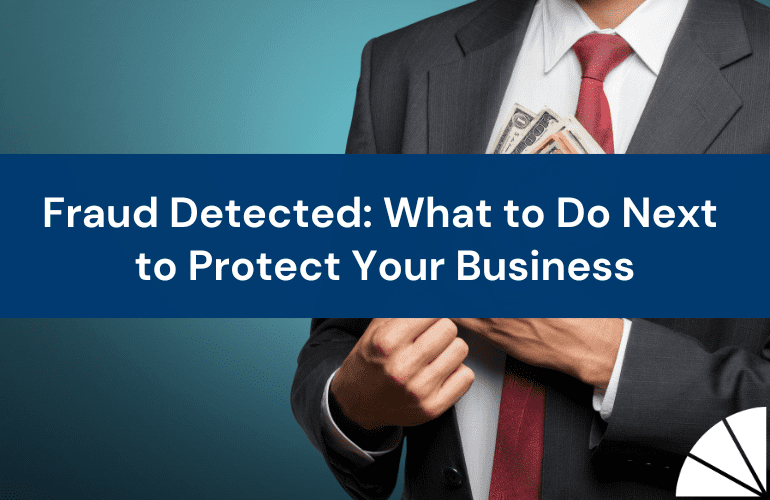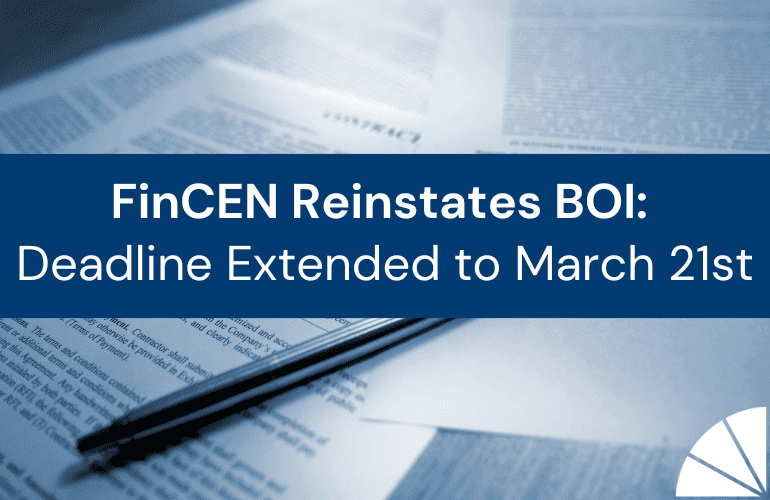
You might not have immediate plans to sell your house, but you should still know what it’s worth. The same thing is true with your business. Having a real-time view of your business value is a critical starting point for the strategic planning that will get you the best possible price when you do decide to sell, whether that day is tomorrow or ten years from now.
Why Does a Business Owner Need To Be Able To Articulate Their True Business Value?
There are a couple of key reasons why you should know your business’s value, even if you don’t have any concrete plans to sell your business.
For one, you never know when the right buyer is going to tap you on the shoulder and make an unsolicited offer to buy you out. We’ve been seeing it happen a lot in this current economy. If you get that tap and you’re interested, you need to be prepared to move quickly with real, defendable numbers proving what your business is worth. Investors don’t like uncertainty. If you’re hazy about its value or throw out numbers that aren’t based in fact, that’s probably going to bring down the bid. Conversely, if you’re prepared with a package that credibly demonstrates the business’s future earning power, you’re probably going to command higher bids.
But let’s say you’re absolutely certain that you’re not ready to sell any time soon. You should still want to know your true business value for strategic planning and retirement planning purposes. Maybe you’re 55 now and you’re not going to sell your business until you retire at 65. If you’re aiming to make $10 million from the sale, learning that your business has a current value of $5 million is important to know. Now you can get with your business advisors and figure out, what can we do over the next decade to double the value?
How Do You Assess the True Value of Your Business?
Too often, business owners try to value their own companies with guidance from the guys next to them in the country club locker room. Or they dream up aspirational numbers that aren’t based on reality. Again, investors aren’t going to be impressed.
Valuing a business is as much art as it is science. On the science side, we look at a lot of the business’s historical numbers, benchmarks, transactions involving comparable businesses, etc. Then, once we’ve used our analytical tools to create a foundation, we look at the less tangible things like market forces and future cash flow potential. We also want to know about anything that’s going to come up in due diligence that could affect the value. Pending lawsuits, cultural or HR problems, environmental issues, compliance issues, etc., all need to be disclosed by the business owner so we can factor those in before buyers come looking.
Ultimately, it’s all guesswork until bids start coming in and you learn what buyers are willing to pay, just like when you’re selling a house. You use all the tools available to you to develop a number that seems appropriate so prospective buyers are interested in learning more. Price the house too high, and no one shows up to your open house. Price it correctly, and you might start a bidding war.
How Do You Factor in People When Valuing a Business?
Accounting for the employees can be a sticky part of valuing a company. On the one hand, they’re a critical part of making your business what it is, and their skills and institutional knowledge could be a valuable resource to a new owner. On the other hand, a new owner could bring in their own team, making your employees irrelevant to the business’s value for that buyer.
When a business owner is valuing their company ahead of a planned sale, one of the first things we ask about is their employees. Some owners say my priority is getting the highest price I can and good luck to my employees under the new buyer. Others say my employees have been loyal, and I want to ensure everyone is taken care of, even if that means taking a lower price from a buyer who wants to keep them on. That’s a completely personal decision each business owner must make for themselves.
Call LGA for Help Articulating Your True Business Value
LGA’s Business Advisory Services team gives business owners answers to the questions they didn’t even know they should ask. No matter your timeline for selling your business, the right time to assess its true value is right now.
I’m happy to answer any questions you might have about assessing your business value so you’re ready to get the best possible price when the right seller comes along. Contact me today.






